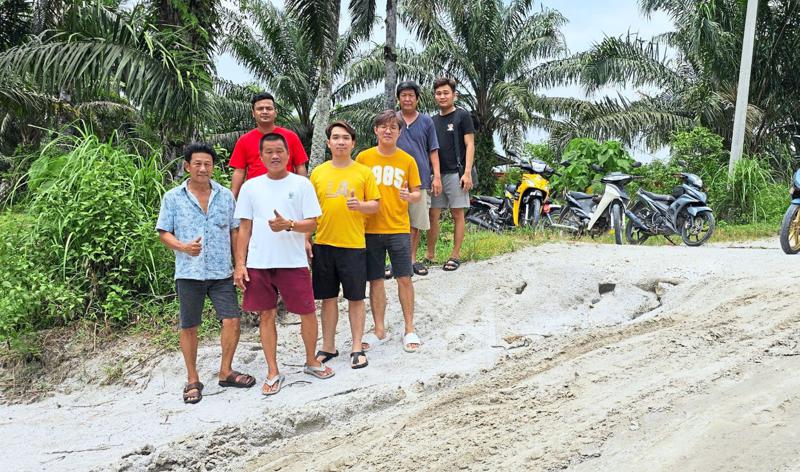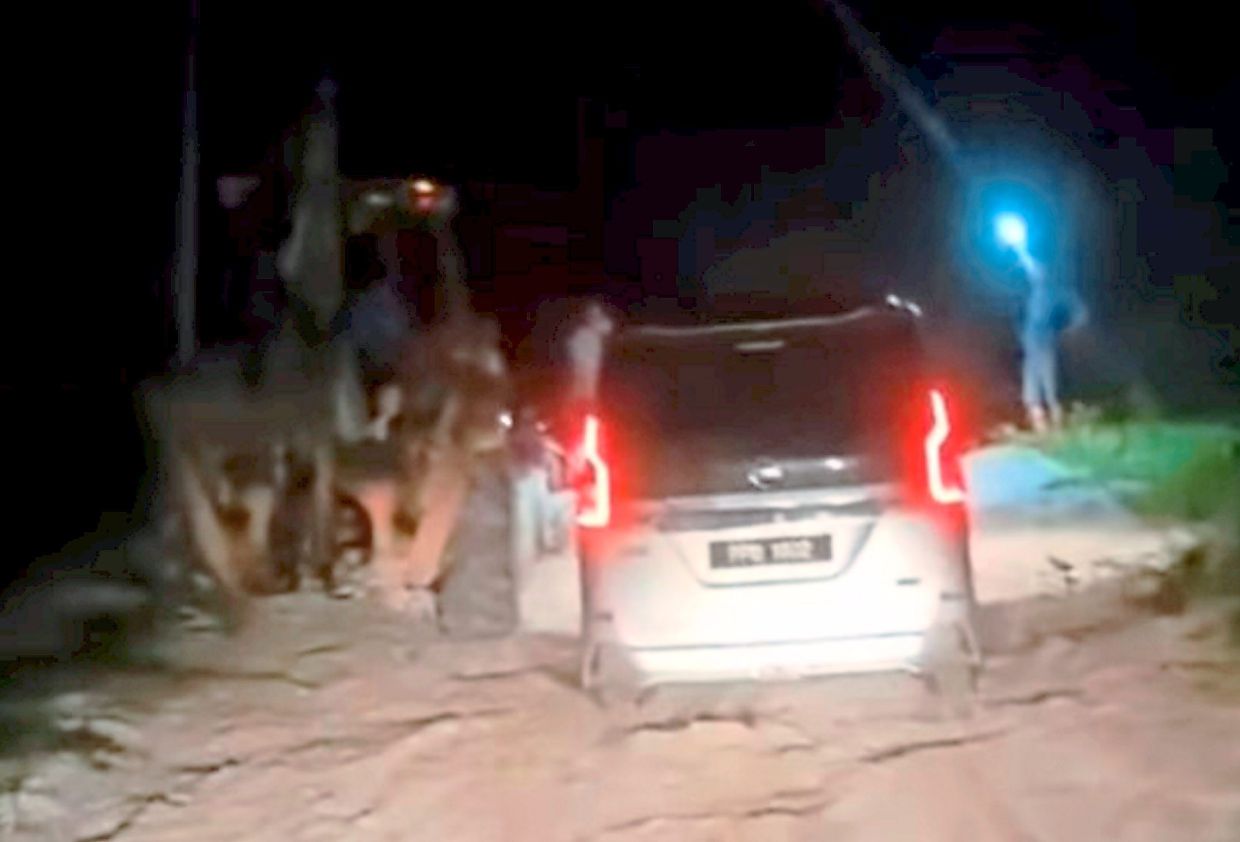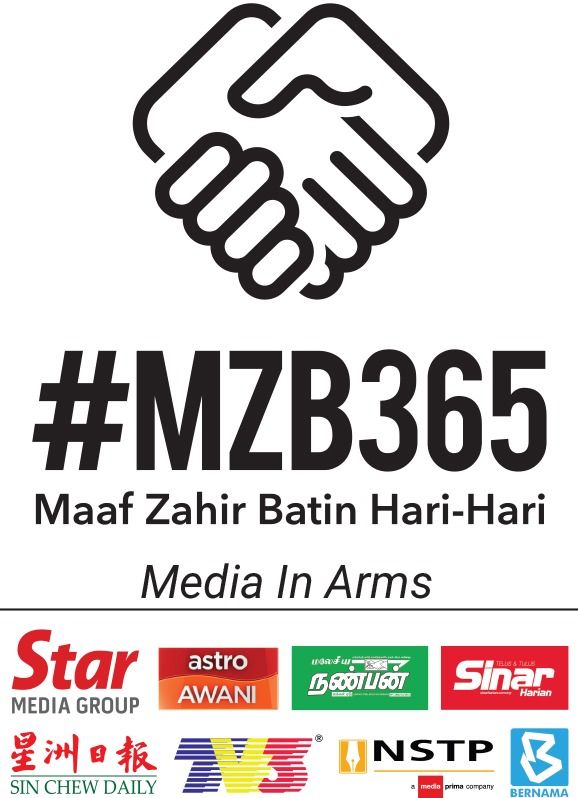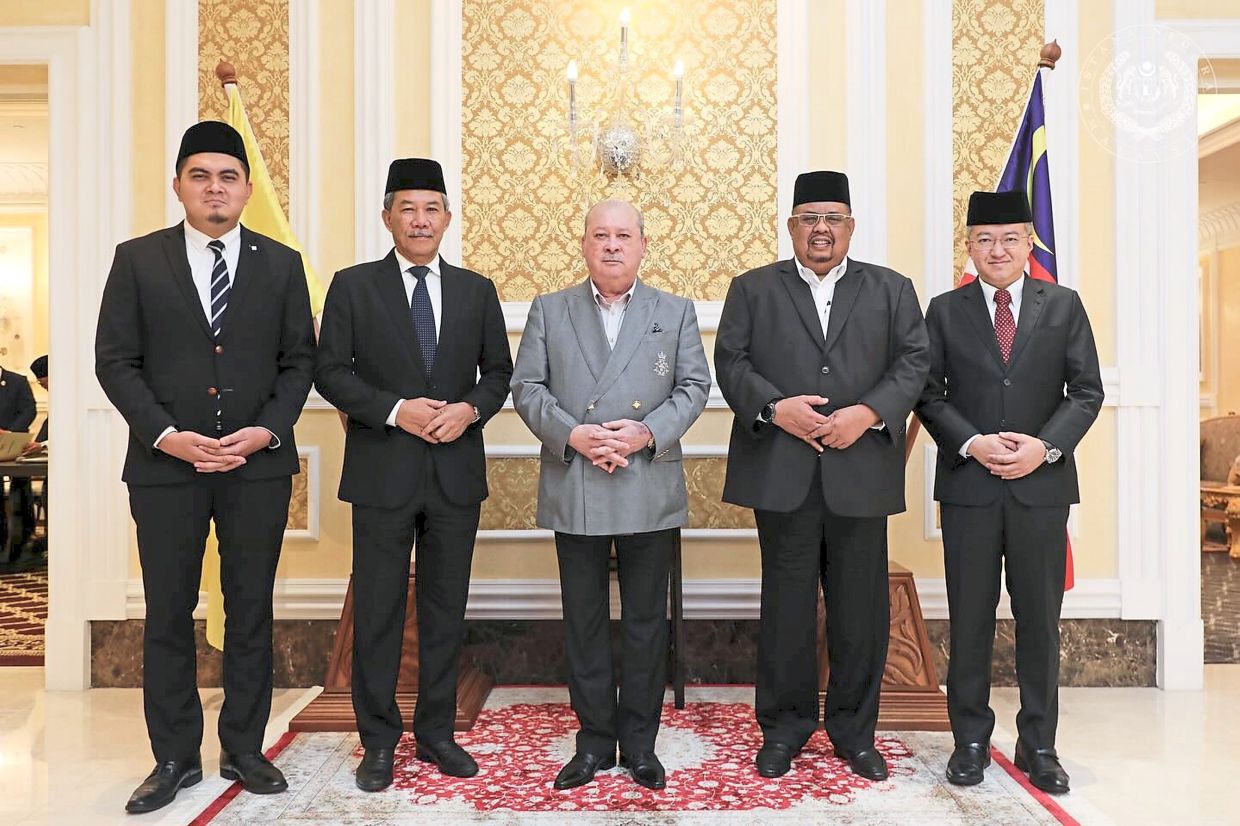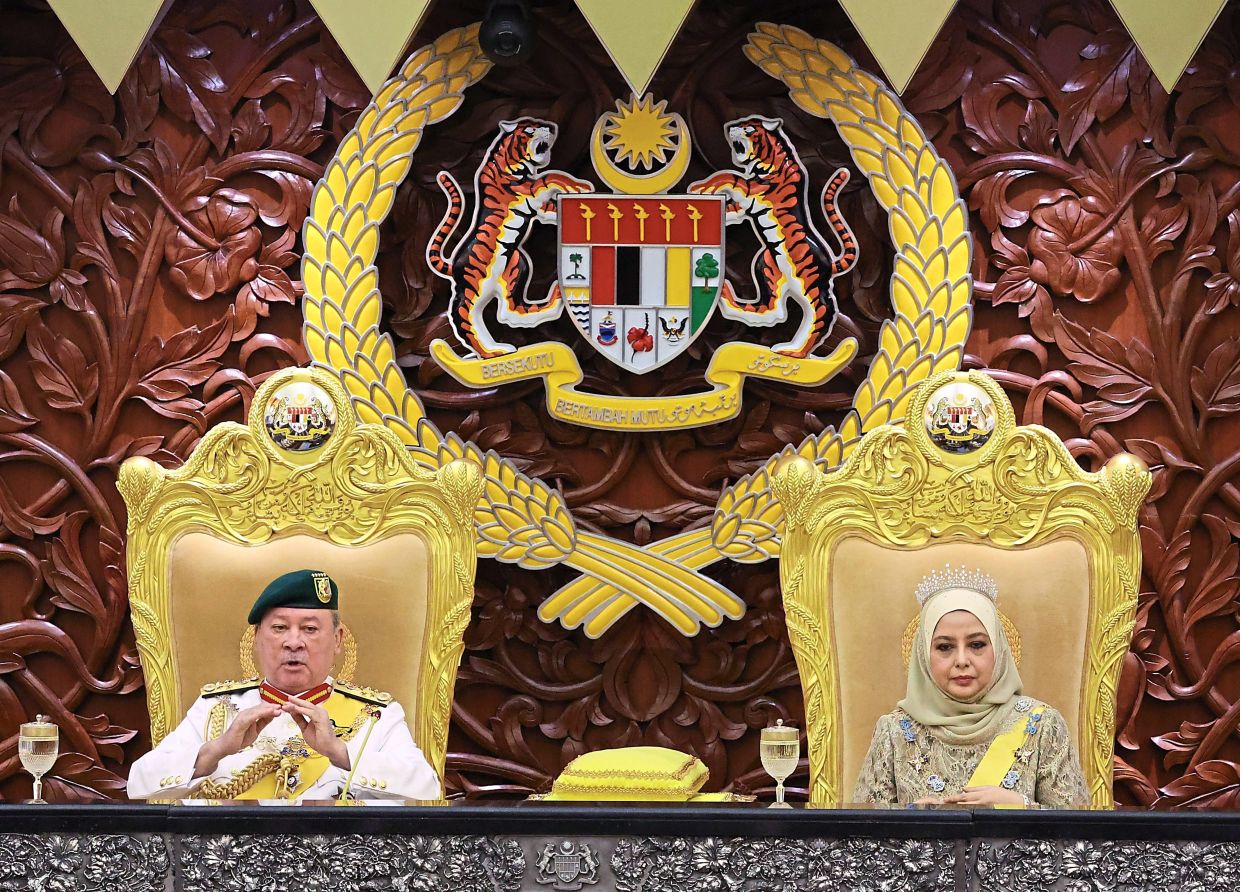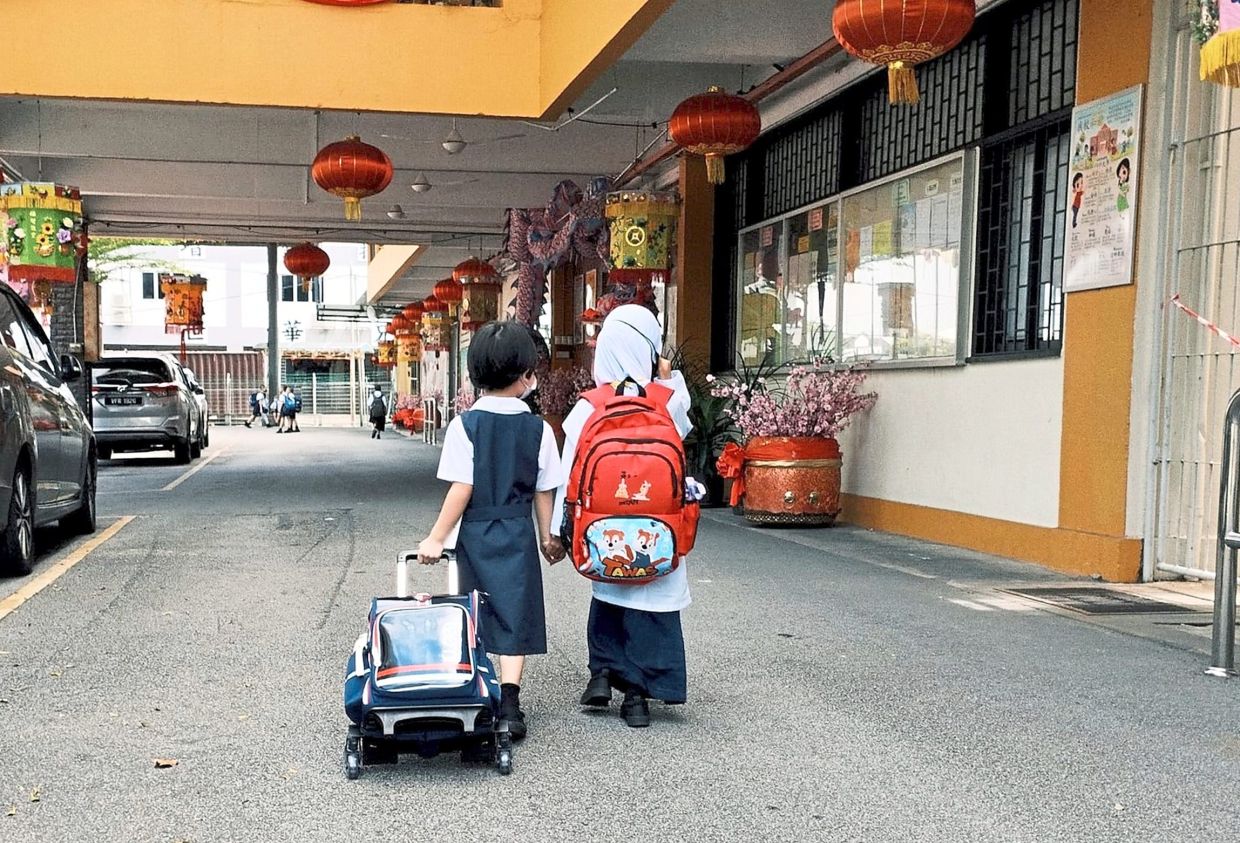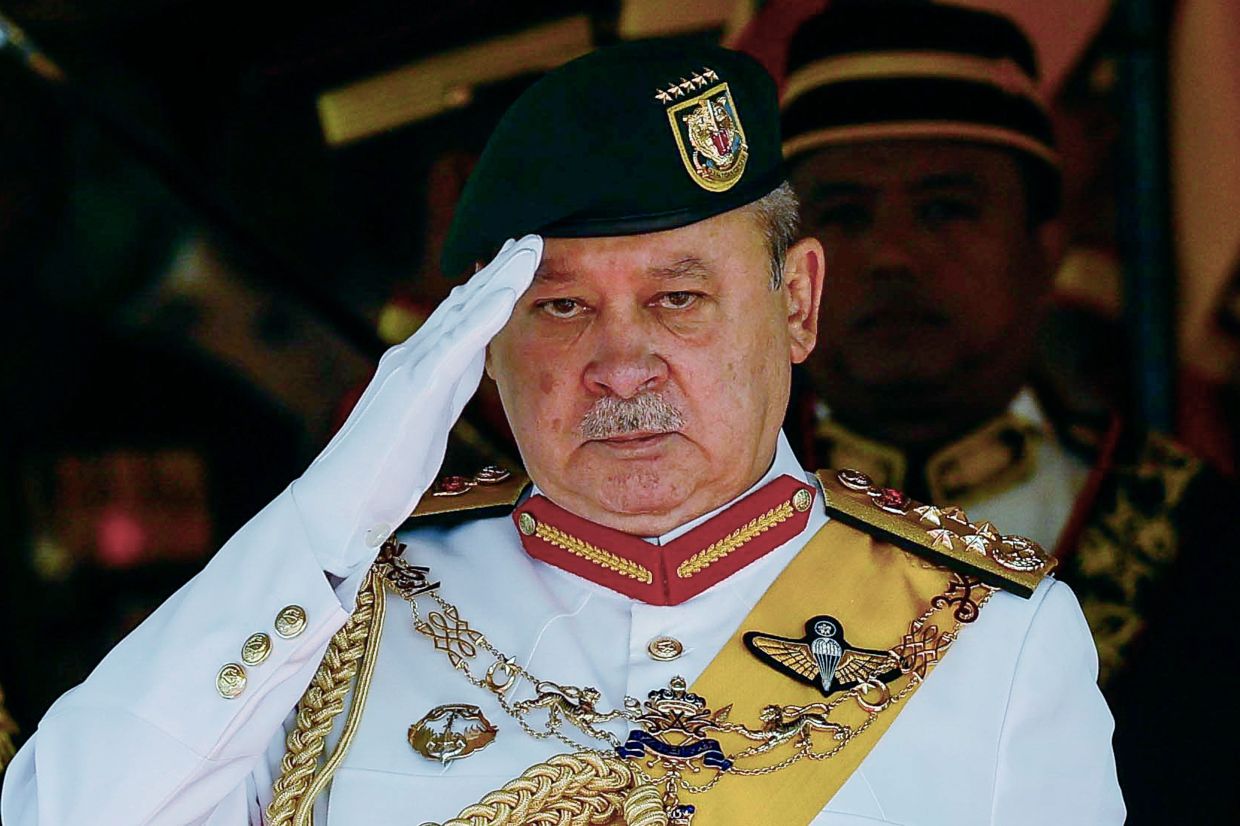
Concert coup: Swift performing on stage during a concert as part of her Eras World Tour in Sydney on Feb 23. Singapore and Japan were the only Asian stops for the popstar. – AFP
SINGAPORE has pulled a rabbit out of the hat by having American singer Taylor Swift perform exclusively there, reaffirming itself as an entertainment hub.
Music tourism is a low-hanging fruit which can contribute significantly to a country’s economy.
The island republic has no reason to be apologetic to its aggrieved neighbours. In fact, these sour grapes should be asking themselves why this concert wasn’t a consideration.
Philippines lawmaker Joey Salceda reportedly said the Singapore deal was not “what good neighbours do,” adding that “our countries are good friends. That’s why actions like that hurt.”
Thai Prime Minister Srettha Thavisin alleged that the Singapore government had offered Swift millions if she agreed her performances in South-East Asia would only be on their turf.
The bottom line is that it was a straightforward business deal between Swift and Singapore. The quantum of her payment is undisclosed for obvious reasons, but it’s likely an amount that sparkled in Swift’s eyes.
The competition for tourist dollars is serious. Asean countries must compete head-on with their attractions, and concerts are one of them.
Basically, the industry will become more ruthless as Singapore positions music tourism as a growth driver.
Swift’s concert flew over the heads of powers that be here because our Members of Parliament have been indulgently trading verbal blows over bak kut teh and new villages – “issues” mired in the routine race and religion narrative.
Depressingly, organising concerts involving international acts is a tedious, frustrating, expensive and risky business in Malaysia.
Organisers have long complained about the red tape. And what’s even more unfortunate is that concerts in Malaysia often end up being turned into religious issues.
Karyawan president Datuk Freddie Fernandez told FMT news portal that although calls for concerts to be cancelled or disallowed had thankfully been ignored by the authorities, the publicity generated in the international media has had a detrimental effect.
The complaints are often from the usual suspects, namely PAS and groups or individuals aligned with the party.
Although show promoters must deal with the respective authorities to get a permit, the Singapore government has sweetened the deal by providing financial aid to concert ventures.
While we’re not expecting our government to provide grants for performances, at least make it easy for our promoters then.
Credit where it’s due, we must commend Prime Minister Datuk Seri Anwar Ibrahim for openly endorsing the recent Coldplay concert.
It’s unnecessary to pander to PAS and its supporters because they don’t support the Pakatan Harapan government, and entertaining their demands won’t garner any votes either.
Analysts in the region are now attempting to tally Singapore’s returns from the Swift concert with estimates touching US$400mil (RM1.8bil).
According to Straits Times, Singapore’s Minister of Culture, Community, and Youth Edwin Tong said the benefits encompassed direct economic advantages, including increased tourist arrivals who spend on tickets, flights, accommodation, as well as entertainment, retail, and dining in Singapore.
Interestingly, the broadsheet reported that Tong personally led a multi-agency team on an exploratory trip to the United States in February 2023, which ultimately secured the run of six shows at the National Stadium.

Swift’s fans, known globally as Swifties, taking photos as they arrive for the pop star’s Eras Tour concert at the National Stadium in Singapore on Thursday. — AFP
Singapore was clearly bent on hosting the concerts and beating everyone in Asean.
Swift’s concerts are projected to generate S$350-500mil (RM1.2 to RM1.7bil) in tourism receipts, assuming approximately 70% of concertgoers were flying in from overseas, according to Erica Tay, director of macro research at Maybank.
vneexpress.net reported that following the announcement of the concert dates, Singapore hotel bookings for March 2024 surged by 10%, according to data from hotel analytics company Smith Travel Research.
“Both Singapore’s flagship carrier Singapore Airlines and budget airline Scoot reported increased demand for flights to Singapore in March, particularly from Southeast Asia.
“Jetstar Asia also confirmed a roughly 20% surge in demand for routes connecting destinations like Bangkok, Manila, and Jakarta to Singapore, CNBC reported.
“In July 2023, UOB, a Singaporean regional bank, recorded an average increase of 45% in daily credit card applications in Singapore, Thailand, Malaysia, Indonesia, and Vietnam after Swift announced her performances in Singapore. The surge was attributed to UOB cardholders gaining early access to concert tickets.”
The Straits Times reported economists’ estimates of a boost of up to US$500mil (RM2.3bil) in tourism receipts.
If Singapore has upped its game, then so has Indonesia. Malaysians who failed to get their tickets for Coldplay, flew to Indonesia instead. While there were protests there as well, the show still went ahead.
In an interview last year with The Star, the Sultan of Selangor said concerts brought in a lot of revenue.
He said it was up to politicians to explain that when these events were rejected, it meant a loss in revenue.
“That is why (because of all these protests) all the good concerts go to Singapore and Jakarta,” Sultan Sharafuddin Idris Shah had said.
Saudi Arabia has hosted many top concerts including those by BTS, Alicia Keys, Pharrell Williams, Mariah Carey and Blackpink. PAS might be gobsmacked to learn that men and women are allowed to dance together there.
The party even opposed Ed Sheeran’s show because of his support for LGBT culture.
If we go by PAS’ logic, the party leaders won’t be able to fraternise with many world leaders from the United States and Europe because they all endorse the LGBT cause. And watching football shouldn’t be an option either because many footballers support it, too.
Meanwhile, back in Malaysia, there was an angry response from some MPs that bak kut teh was among the 10 latest dishes added to Malaysia’s heritage food list.
Granted that the herbal pork rib soup is not halal, but it’s still a Malaysian dish. Also, many non-Muslim Malaysians enjoy it.
A bulk of Chinese tourists come to Malaysia for two main foods – our durians and bak kut teh.
Just patronise the Michelin-star Ah Hei Bak Kut Teh restaurant in Bukit Bintang and check out the long queue of Chinese tourists.
Many restaurants have, in fact, opted to serve seafood and chicken as replacement to pork, so options abound.
Sorry YB Akmal (Umno Youth chief Dr Akmal Saleh), but Chinese fried rice is not a national heritage because it’s available in almost every Chinese restaurant from China, through to India and Africa. It’s preposterous to even suggest that for inclusion.
So, if we want to remove bak kut teh from the list, I’m sure Singapore is ever ready to claim it as theirs, even if its version is horribly too peppery.
And since we’re on this subject, why isn’t my favourite and preferred food, nasi kandar, which originates from Penang, not on the list yet mee goreng mamak is?
The bottom line is music and food tourism sell, so let’s see these as products for the sake of the economy.
It’s surely food for thought although it may not be sweet music to some.
Let’s not turn everything into racial and religious polemics. Can our politicians please evolve with the times?
The bottom line is music and food tourism sell, so let’s see these as products for the sake of the economy.


